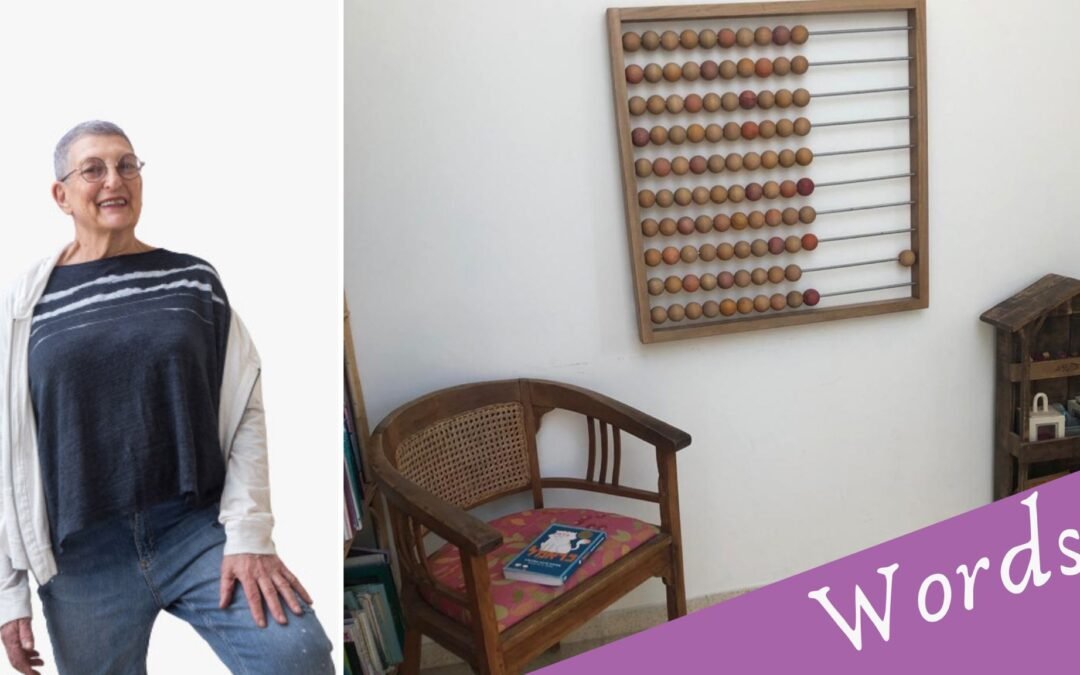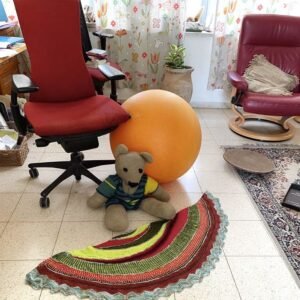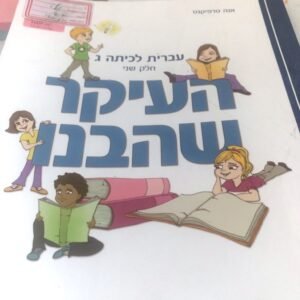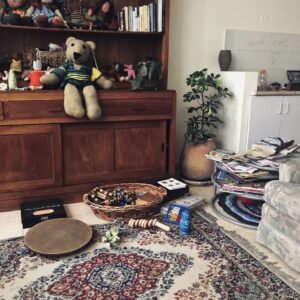It was his first visit.
Waiting at the door to greet Tom and his father, I noticed the reluctance of his walk climbing the stairs.
We sat down in the clinic room. Dad sat with us, but my focus was on Tom. After taking basic information on what he enjoys at school and what he does after school hours in his own time, I asked him why he had come to me. I knew from his dad that he had problems in reading, and there was hardly any reading motivation. While he was sharing information, I felt that he was not really interested in my help, and he wanted to run away.
“What can I help you with?” I asked
“I don’t know why I am here… my parents made me come!”
“What did they say to you? You don’t look like a person who agrees to be taken to places?”
“They said that you would teach me to read, BUT I know how to read, so what am I doing here?” there was some anger in his tone.
A big part of the success of any lesson with pupils who come to me is finding their reading motivation. If a child does not want to read, no force will convince him to do so. A child has to find their reading motivation to invest in his learning. I knew that I needed to understand the differences of versions between parents claiming he could not read and his version of an ability to do so.
Left or Right
“So, let’s check it out together. But before that, I want to check out your profile to see what side of your brain the dominant side is. Left or right.” Checking out a person’s profile gives me a direction of how they cognitively do things, whether mathematics, reading, or writing.
I explained to him, the different ways of thinking that each side is responsible for, and he immediately said, “I am left dominant!” Checking it out, he was correct. When explaining to students the differences, they usually know the way they think.
We then went to investigate the reading. I noticed that he stumbled on long words because he could not see the whole word. And indeed, after some moments, I felt that he had lost all reading motivation. Left-brained dominants often see parts and not the whole. He collected the sounds of the letters without re-reading the word that he had difficulty with and therefore did not really understand the word or the sentence, and the story became a collection of sounds.
At the end of a paragraph, I asked if he could recall what he had read. He remembered names, places but he could not put the parts together into a story. He hadn’t a clue of what the sentences were telling him. It became clear that there was a gap between what he perceived as the concept of reading and what others perceived. He could read the signs and symbols, but they had no meaning, and thus a book was just hard work and no fun.
I then said: “I see that you do know how to read (giving him feedback on his abilities), but I can understand that you don’t enjoy reading and what I would like to do is to teach you to enjoy and have fun in reading books!”
Enjoying Reading
He listened carefully and then turned to his father and said, “You see, she says something entirely different from you.” His dad looked at me with puzzlement in his eyes, and then Tom continued and said: “You said that she would teach me to read – which I know how to do. But she said that she would help me to enjoy reading.”
“I really would like to meet again.” I said,” I am sure that books could become your friend and not your enemy. But I am only prepared to continue with you if you want to learn to enjoy the world of books. But before you decide, I want to do an exercise with you.”
I understood that Tom, a very bright and inteligent kid , had to decide that he wants to come, not just be dragged by his parents. It became clear to me that he needed to find his reading motivation for us to work together.
I then gave him a story made up of 4 pictures. I cut each image separately and asked him to write what he thought he saw after looking at each picture individually and separately. He told me short stories; each referred to one picture. I then placed all the four images on one page to see how one picture related to the next, and together they formed a whole story. He immediately said, “but now it is a different story!”
“Okay, so now write the new story you see.”
We compared the two versions, and we discussed the difference between seeing parts and not the whole.
“And that is what reading is about!” I said. “Now, what is your decision?”
Without hesitation, he answered, “I understand what you are telling me. Can we meet again? Learning to enjoy reading is completely different than what anyone told me until now.”
Dad and Tom left with smiles, and I remained with a great sense of motivation and energy and with a question of wonder, ‘how a small difference in wording can change motivation.






Yes I fully agree that every one can learn but differently and u r absolutely rite by saying How ?
one of the biggest problems in teaching is trying NOT to teach a method which is taught at teachers seminar and university but to teach a “person”.
each one of us is different – our bodies and brains. That is the challenge and that is the secret
one of the biggest problems in teaching is trying NOT to teach a method which is taught at teachers seminar and university but to teach a “person”.
each one of us is different – our bodies and brains. That is the challenge and that is the secret